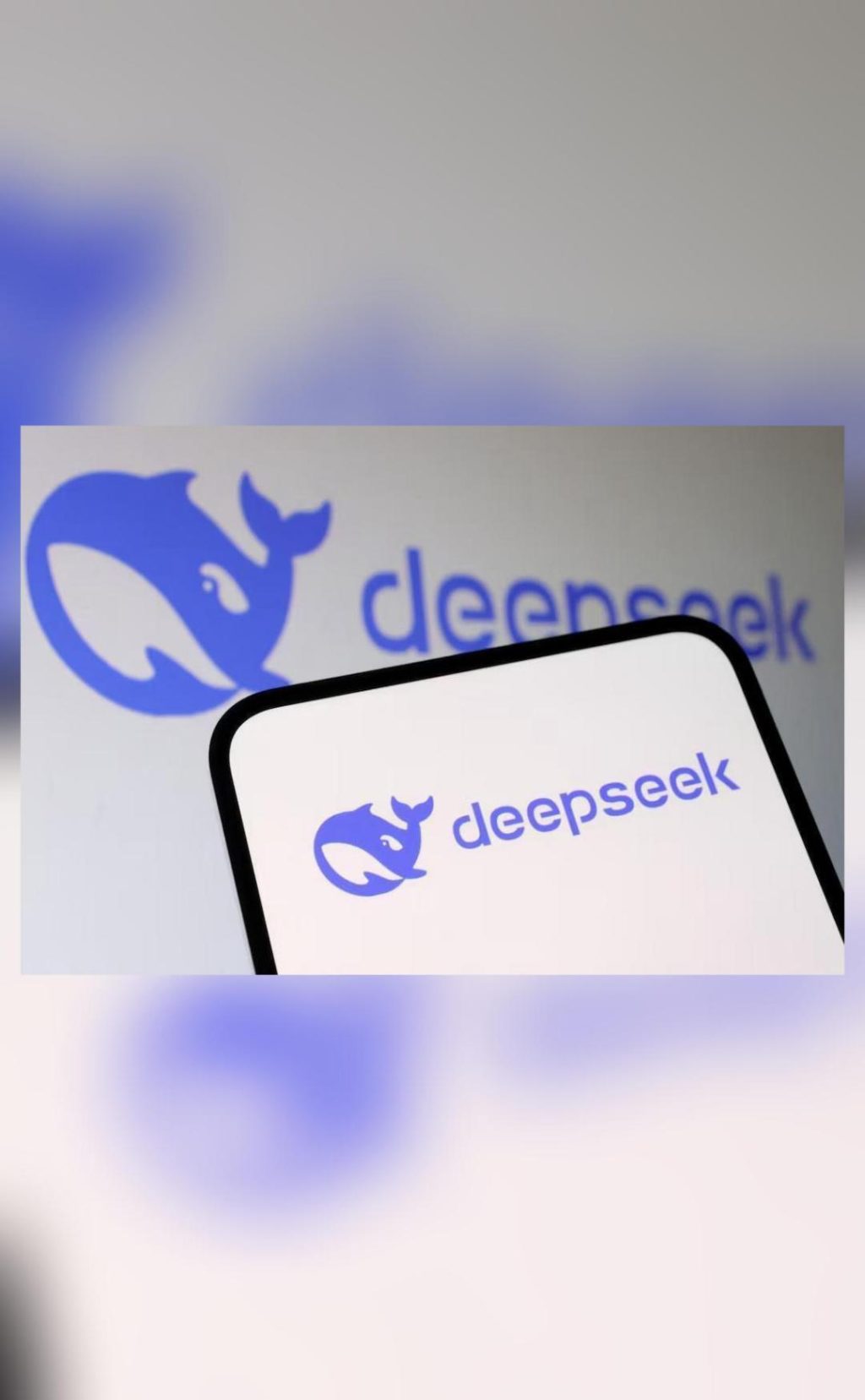
South Korea Warns Against DeepSeek, Says it Collects Personal Data
In a recent development that has raised concerns about data privacy, South Korea’s National Intelligence Service (NIS) has accused Chinese AI app DeepSeek of “excessively” collecting personal data and using all input data to train itself. The warning comes as some government ministries in South Korea have blocked access to the app, citing security and privacy risks.
According to the NIS, unlike other generative AI services, DeepSeek has been confirmed to have chat records that are transferable. This means that the app can access and use all the conversations and data that users have inputted into the app, without any limits or restrictions. The NIS has warned that this poses a significant risk to users’ personal data and privacy.
DeepSeek is a popular AI-powered chat app that uses artificial intelligence to generate human-like conversations. The app has gained a significant following in recent months, with many users praising its ability to engage in conversations that feel natural and realistic. However, the NIS’s warning has raised concerns about the app’s data collection practices and the potential risks they pose to users.
The NIS’s warning is not the first time that concerns have been raised about DeepSeek’s data collection practices. In recent weeks, several users have reported that the app is collecting and storing their personal data, including their conversations, contact information, and location data. While the app’s privacy policy states that it collects and uses user data to improve its services, many users have expressed concerns that the app is collecting more data than necessary and without their consent.
The NIS’s warning has been welcomed by many privacy advocates, who have long been critical of DeepSeek’s data collection practices. “The NIS’s warning is a welcome development,” said Lee, a privacy advocate who has been critical of DeepSeek’s data collection practices. “It’s long been clear that DeepSeek is collecting and storing user data without their consent, and it’s about time that someone took action to stop it.”
The NIS’s warning has also been welcomed by some government ministries in South Korea, which have blocked access to the app citing security and privacy risks. “We take the NIS’s warning very seriously,” said a spokesperson for the South Korean government. “We will continue to monitor the situation and take action to protect the personal data and privacy of our citizens.”
The NIS’s warning has also sparked concerns about the potential risks of using AI-powered chat apps. While AI-powered chat apps can be convenient and useful, they also pose significant risks to users’ personal data and privacy. As more and more users turn to these apps, it’s essential that they understand the potential risks and take steps to protect their data.
In conclusion, the NIS’s warning against DeepSeek is a significant development that highlights the importance of data privacy and security. While DeepSeek may be a convenient and useful app, its data collection practices pose significant risks to users’ personal data and privacy. As more and more users turn to AI-powered chat apps, it’s essential that they understand the potential risks and take steps to protect their data.






